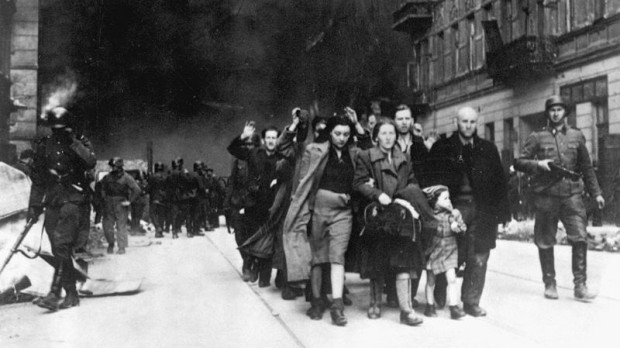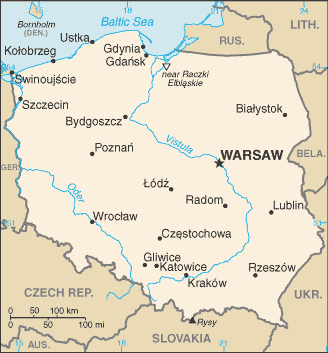Polish Holocaust survivor Pinchas Gutter draws on his horrific experiences during World War II to try to tear down walls of racial hatred and build a better world. In speeches inside and outside Canada, he preaches the virtues of tolerance and warns that genocide can repeat itself if its causes are allowed to fester.

Now a resident of Toronto, he’s the subject of Zvike Nevo’s documentary, Political, Polish Jew: The Story of Pinchas Gutter, which will be presented by The Polish-Jewish Heritage Foundation of Canada on Sunday, July 20 at 7:30 p.m. at Congregation Habonim (5 Glen Park Avenue) in Toronto.
Gutter will be in attendance, and after the screening, there will be a panel discussion on The Collection and Preservation of Holocaust Survivor Testimony.
The film, which unfolds in chronological order from Gutter’s birth in Lodz in 1932, is mostly about his survival as a Jew in Nazi-occupied Poland. Only toward the end does a viewer learn that Gutter has harnessed his ordeal to the noble cause of tikun olam.
Two months ago, in a speech to the Shoah Foundation in Los Angeles, U.S. President Barack Obama quoted Gutter. Gutter, he said, works to improve humanity “drop by drop by drop.”
The scion of a Hassidic family, Gutter is an eyewitness to history, being old enough to remember the pre-war Polish Jewish community, as well as the German occupation of Poland. By his own admission, he had a happy childhood in Lodz, but recalls an antisemitic incident that left a lasting impact on his mother. His father, a wine maker, often spoke of settling in Palestine, but that plan never came to fruition.
After the Nazis began terrorizing the Jewish population of Lodz, Gutter’s father sent his wife and two children to live with a relative in Warsaw, believing, incorrectly, that it would be safer there for his family. Eventually, he joined them in Warsaw
In the Warsaw ghetto, they endured terrible hardships. “We were like chickens in a coop,” Gutter recalls.
They survived the big deportations of 1942, but after the 1943 ghetto uprising was suppressed, they were caught by the Germans and sent to the Majdanek extermination camp. Gutter’s mother and sister were murdered. He thought he would meet the same fate, but muddled through. His father, however, was killed.

“I cried,” he says in a reference to his death. “I was 11 years old.”
To this day, Gutter finds it inconceivable that a crime so heinous as the Holocaust could have been committed.
In the wake of his father’s murder, he was savagely beaten by a German guard. He was then sent to a nearby labor camp, where ammunition and mines were manufactured for the German army. Toward the close of the war, he found himself in Buchenwald, which he describes as “hell on earth.” He was subsequently transported to a labor camp in Germany and forced to participate in a death march to Theresienstadt.
After being liberated by the Red Army, he was sent to Britain. In 1952, he enlisted in the Israeli army. He lived in Brazil and South Africa before immigrating to Canada in 1985. Strangely enough, these chapters in his life are completely glossed over.
Nowadays, Gutter, an articulate man, devotes himself to Holocaust education through the medium of personal stories. Judging by the film, he’s quite adept at it.
